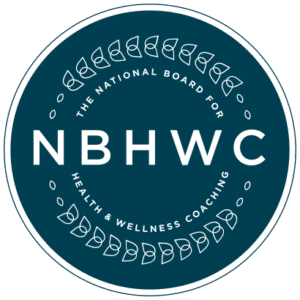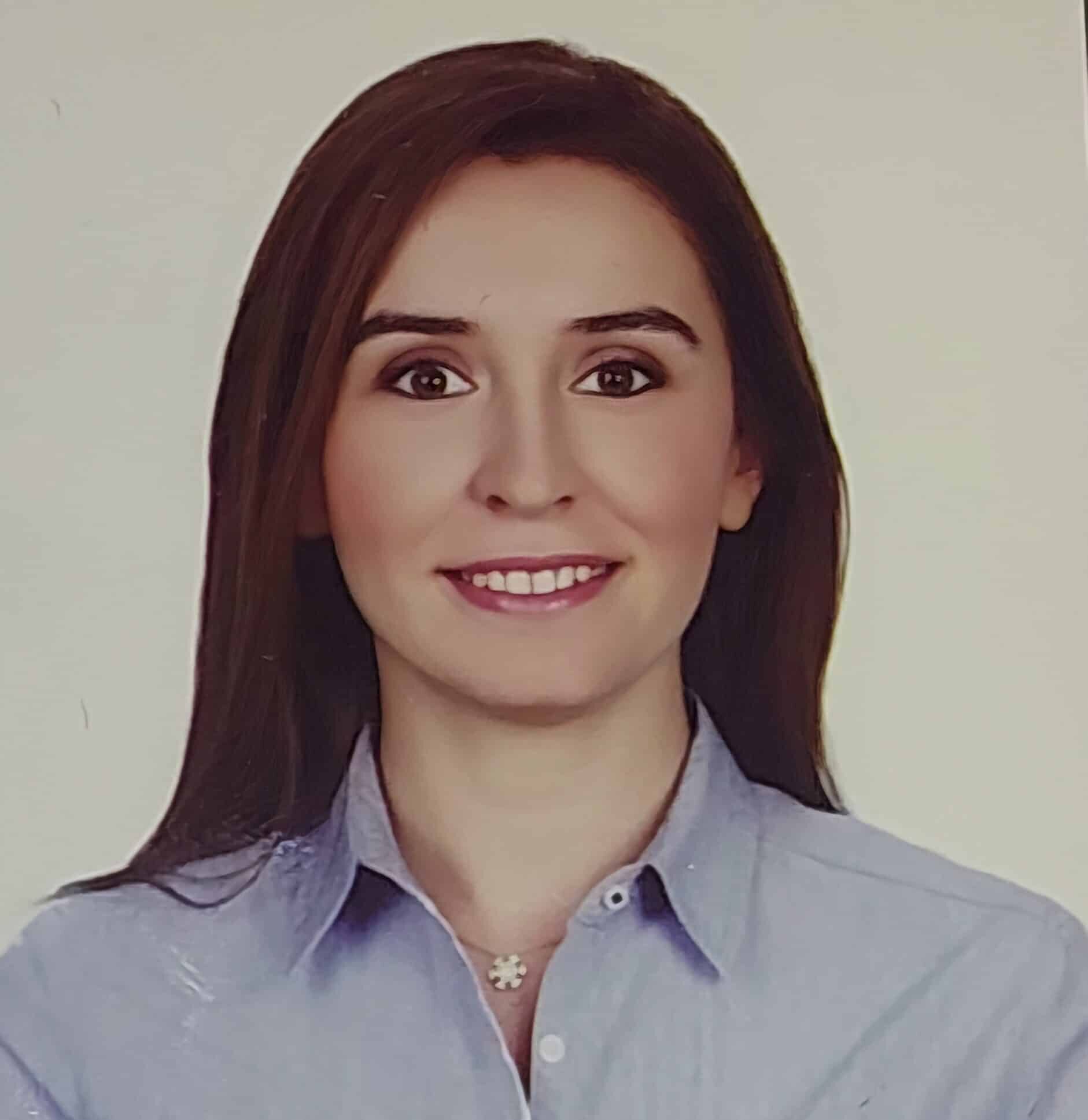As a health coach, you encounter various scenarios working with clients, but where is the line drawn?
According to the Centers for Disease Control, “six in ten adults in the US have a chronic disease” and “four in ten adults in the US have two or more.” What’s more chronic disease is the leading case of death and disability. America has a very serious chronic health problems. Luckily there is a promising and affordable solution: health and wellness coaching.
Health coaches are a great resource for people looking to make sustainable behavior changes in their life. Clients come to coaches through recommendations, referrals, or simply because someone is looking to live a healthier life. According to the National Board of Health & Wellness Coaching (NBHWC), “health and wellness coaches work with individuals and groups in a client-centered process to facilitate and empower the client to develop and achieve self-determined goals related to health and wellness.”
In this article, learn more about health and wellness coaching scope of practice, the dos and don’ts of coaching, why coaches should stay in their lane and more.
- What do Health Coaches Do?
- What is Scope of Practice?
- What if a Health Coach Holds Multiple Credentials?
- Why Should Coaches Follow a Scope of Practice?
- How Can Scope of Practice Help My Business?
- 6 Steps to Adhereing to the Health Coaching Scope of Practice.
- A Word from Our Founders (Video)
What Coaches Need to Know about Scope of Practice
What do Health Coaches Do?
Coaches are trained in behavior change and motivational techniques. Rather than acting as the expert and giving advice, the coach creates an environment that gives the client permission to take the lead. They adhere to what the client wants, not what the coach thinks they should want. The client determines their unique goals through a process of self-discovery and accountability, and the coach facilitates change at a pace set by the client.
The effectiveness of health coaching stems from the relationships coaches make with their clients. Dr. Jeffrey Bland, referred to as the “father of Functional Medicine,” refers to coaching as “where the rubber meets the road.” Coaching is where ideas are put into action. When done within the coaching scope of practice, coaches and clients can reap the rewards and embrace a better quality of life.
What is Scope of Practice?
A scope of practice describes the procedures, actions, and processes that a healthcare practitioner is permitted to undertake in keeping with the terms of their professional license. What falls under the scope of practice can fluctuate and vary state to state depending on the licensees of the practitioner.
Health and wellness coaching is experiencing rapid growth but remains a relatively new field when compared with healthcare professions such as psychology, nursing, or dietetics. Unlike these fields, health and wellness coaching is currently not licensed by the states. However, it is vitally important that health coaches adhere to a strict scope of practice.
What is the Scope of Practice for Health Coaches?
The scope of practice standards and guidelines are provided by NBHWC. Here is a list of important points of the scope of practice for health and wellness coaches:
- Coaches facilitate and empower clients to develop and achieve health and wellness goals.
- Coaches assist clients in using their insight, personal strengths, and resources to set goals, commit to action steps, and establish accountability.
- A coach’s role is one of accountability partner, not director, in navigating behavioral change.
- Coaches assist in reaching self-directed goals aligned with the client’s vision for health and well-being.
- Coaches may offer evidence-based resources and information from nationally recognized authorities.
What is out of scope of practice for health coaches?
- Provide diagnosis or treatment recommendations.
- Order or interpret labs.
- Recommend or sell supplements.
- Provide psychotherapy.
- Give nutritional advice.
- Design exercise plans
*Please read the full scope of practice explanation at NBHWC.org
Functional Medicine Coaching Academy teaches students how to coach within the scope of practice abiding by the NBHWC code of ethics.

What if a Coach Holds Multiple Credentials?
At Functional Medicine Coaching Academy, we have graduates who hold licenses as nurses, physicians, psychologists, or dietitians. These graduates are able to provide their clients with guidance that falls under their licenses and credentials. They should look to their state licensing board for their respective professional credentials for guidance. Coaches should not offer guidance that falls out of scope of practice for their respective credentials.
Why Should Coaches Follow a Scope of Practice?
When clients enter the coaching relationship they might expect the coach to be the expert. They may ask questions such as, “What should I eat?” or “Can you give me a meal plan?” In other words, “Tell me what to do.” While health coaches possess a great deal of knowledge about health and wellness, it’s important that coaches do not advise a client on what to do. Violating scope of practice can lead to legal issues.
If a coach is found providing services outside of scope of practice, they could be charged with practicing without a license. In 2017, a holistic health coach was fined by the Florida Department of Health for offering nutrition advice without a license. The coach sued the state, claiming they were infringing on her first amendment right of free speech. However, the court ruled against her citing her lack of the necessary licensing to provide “individuals or groups on appropriate nutrition intake by integrating information from the nutrition assessment.” Had the coach stayed within health coaching scope of practice, she would not have faced fines and legal action.
What could possibly be the harm in telling people to eat fruits and vegetables? Providing nutrition advice is a bit more complicated than that and states have the right to protect the health and safety of their citizens. dietitians, nutritionists, medical doctors, and others with specialized licenses graduate from degree programs that include years of education, rigorous internships, and supervision requirements. This allows them to spot those extremely rare and potentially life-threatening medical conditions for which seemingly benign dietary recommendations could result in serious, or even fatal consequences.
The best coaching programs train students in the powerful client-centered approach that empowers people to make difficult changes. They do not duplicate the training one would receive in medical school or a graduate degree program in nutrition because the emphasis must be on learning crucial behavior change and motivational interviewing principles important for the coaching process. However, coaches often work as part of a medical collaborative care team where they can help explain and help their clients implement doctor ordered dietary changes. This would not be out of scope of practice.
Some of the best health coaches and most effective coaches know that it’s by strictly adhering to the coach’s scope of practice that “the magic happens.”
How Can Scope of Practice Help My Business?
Although clients may expect a coach to give advice and provide information, experienced coaches will tell you that veering out of your lane and providing advice cheats the client out of the value of self-determination. When you help clients find the information themselves and draw their own conclusions, their confidence and sense of empowerment increases. They truly become the CEOs of their own health.
6 Action Steps to Adhere to the Coach Scope of Practice
- Ensure clients understand the nature of health coaching. Provide a “scope of practice” statement for clients to sign prior to the initiation of coaching. This written agreement provides information about the coach’s credentials and sets clear expectations about the coaching process and what it does and does not include.
- Understand coaching limitations in the state in which you work. If you coach virtually or by phone, understand the laws and limitations in the states your clients reside in as well.
- Always include a disclaimer in all written and electronic communication. The disclaimer should clearly state that you are not diagnosing or treating any medical or psychiatric condition or offering medical or dietary advice. An attorney can provide the appropriate wording for your particular circumstances.
- Point to evidence-based sources. When clients seek specific advice, make sure the books, research studies, and websites you suggest are written by experts and are from nationally recognized authorities.
- Share your knowledge and voice your opinion outside of coaching. Rather than giving clients personal advice, consider writing books, articles, and blogs, appearing on podcasts and online summits, or giving talks, live or as webinars.
- Appreciate the incredible power of collaboration. Getting healthy is a team sport and when coaches partner with doctors, dietitians, nutritionists, and therapists, you’re not only meeting the needs of your clients but advancing your own career as well.
When coaches step out of that powerful coaching lane and give in to the temptation to act as an expert they are now just one more consultant in likely a long list of experts who clients sought out. The power of coaching lies in the being genuine. Embrace your role, own it, and experience the profound transformations that will take place, both personally and for the health and well-being of clients.
A Word from the FMCA Founders (Video)
Our founder, Dr. Sandra Scheinbaum, goes in-depth about what exactly Health Coaches are qualified to do, as well as answering questions from Health Coaches in the community! Watch the full video here:
Our Latest Blogs
-

Student Spotlight: Günseli Saygi
Read Full Article: Student Spotlight: Günseli Saygi -

37 Healthy Aging Tips From The Experts
Read Full Article: 37 Healthy Aging Tips From The Experts -

How To Live Longer: Simple Philosophies From Leaders in Health
Read Full Article: How To Live Longer: Simple Philosophies From Leaders in Health

